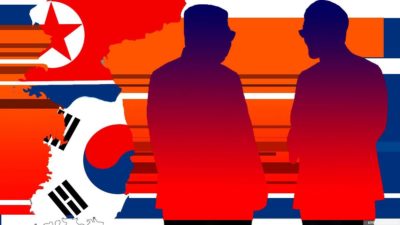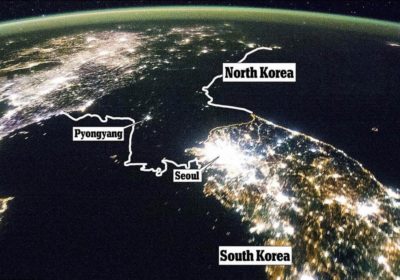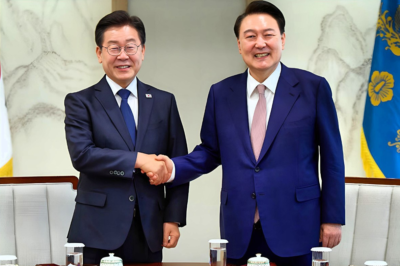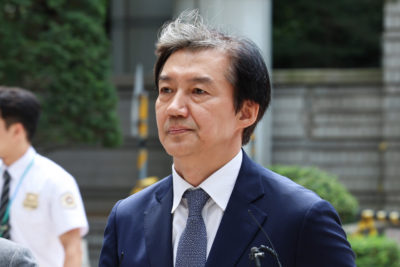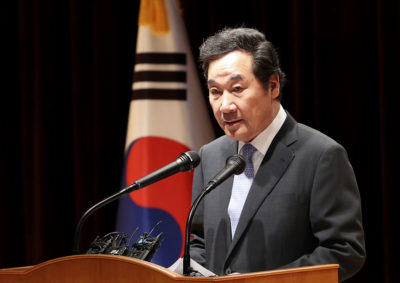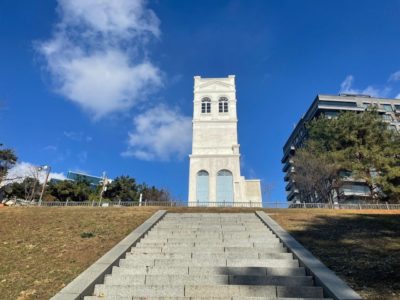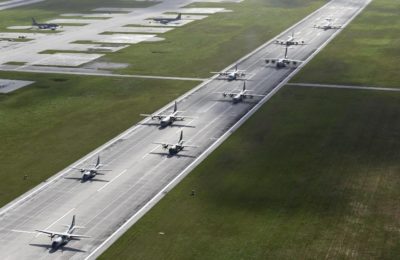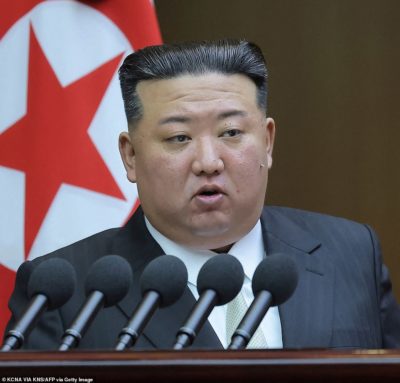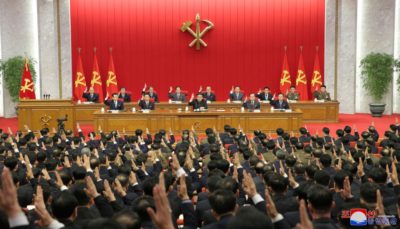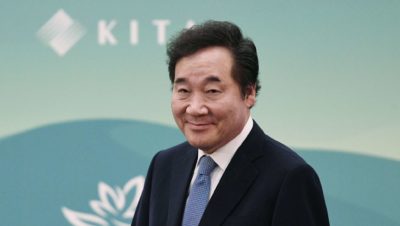A chronicle of inter-Korean tensions in spring 2024. Part Two: Actions of the DPRK
Pyongyang has successfully conducted a ground-based jet test of a solid-fueled engine for a new type of medium-range hypersonic missile. Tensions on the Korean peninsula will likely continue to rise, and missile launches, drills, and visits by strategic bombers, aircraft carriers, and nuclear subs to Korea will continue.
A chronicle of inter-Korean tensions in spring 2024. Part One: Actions of the South
The scale of regional tensions has eased somewhat since the end of the joint US-South Korean exercise on March 14, 2024. Both sides made bellicose statements, the South Koreans continued to conduct field training exercises both on their own and with the US, and the North Korean leadership occasionally launched missiles…
South Korea- a concession?
In the last article in this series we mentioned that after the parliamentary elections on April 10, 2024, which preserved the existing level of confrontation between president and National Assembly, preparations began for a meeting between President Yoon Suk-yeol and opposition leader Lee Jae-myung. This is significant, as the leaders of the two blocs have not met since Yoon became president…
The run-up to the 2024 Parliamentary elections in South Korea. Part seven
The last article dealt with a number of groups that had split off from the Democratic and Conservative Parties to form a third force in South Korean politics, called the Reform Party. However, it seems that in the run-up to the elections both Democrats and Conservatives are likely to face yet another defection – although in reality it will not be a defection at all. Because we are likely to see a repeat of what happened with the 2020 elections. It will be recalled that the National Assembly has 300 seats, of which 253 are voted…
The run-up to the 2024 Parliamentary elections in South Korea. Part six. Is the third force uniting?
Having described the problems faced by the Democrats and Conservatives, let us move on to the issue of a “third force”. The demand for a centrist party has been felt in Korea for quite some time, but the existing system tends to either “squeeze out” or “absorb” such figures. In the present author’s opinion, there are several reasons for this. Firstly, even right back at the beginning, when the Republic of Korea was founded, the centrists were unable to emerge as a significant force…
Lessons of History: when Korea’s King ruled from inside the Russian Mission
On February 8, on the eve of Diplomatic Worker’s Day, Russia’s Ambassador to the Republic of Korea, Georgy Zinoviev, together with Embassy staff, the Russian Military Attaché and a Russian trade delegation, visited the site of the former Russian Imperial Mission in Seoul. This building, designed by the Russian architect Afanasy Seredin-Sabatin, was built in 1890 but was destroyed during the 1950-1953 Korean War. Only a fragment of the building, the watch tower, still stands. It is protected as a historical heritage site of the Republic of Korea. The Korean authorities have recently completed the restoration of the building…
A digest of the inter-Korean unrest of late January/early February 2024
We ended the previous text with the 7 January firing and then separately noted the 14 January ICBM launch, but tensions are not subsiding and their new degree is gradually becoming the new normal. Missile launches on one side, joint exercises on the other. From 15 to 17 January, the navies of the Republic of Korea, the United States and Japan conducted joint exercises in waters south of Jeju Island. Two South Korean destroyers, five U.S. Navy ships, including the aircraft carrier Carl Vinson, and two ships of the Japan Maritime Self-Defence Force participated. It was the first trilateral naval drills since an agreement was reached last June to hold them regularly…
Towards the 2024 Parliamentary Elections in South Korea. Han Dong-hoon’s affairs
After taking over as Chairman of the Emergency Committee, Han Dong-hoon has been active in mobilizing supporters and raising the party’s ratings in the regions. Particular attention was paid to regions that are considered swing ones and on which the outcome of elections often depends to a large extent. Han also proposed reducing the number of lawmakers from 300 to 250 by cutting proportional representation or merging constituencies, and on January 18, he promised to seek…
On the January session of the Supreme People’s Assembly of the DPRK. Part Four. The ROK’s response and more
The session ended, and the idea of peaceful unification was discarded. Even the monument dedicated to it was removed. What did Seoul have to say on the matter? During a cabinet meeting held just hours after Kim Jong-un’s speech was published…
On the January session of the Supreme People’s Assembly of the DPRK. Part Three. Continued management innovation
While preparing the material, the enlarged meeting of the Political Bureau of the Central Committee of the WPK was held on January 23–24, 2024, where Kim Jong-un’s proposed strategy for the development of local industry began to take shape. The Politburo meeting lasted for two days, which is rather rare. The meeting structure suggests that there was significant conceptualization taking place. The composition of the observers suggests that it was a nationwide planning meeting. The meeting included “members of the Presidium of the Political Bureau of the WPK Central Committee, members, and alternate members of the Political Bureau…
Toward the 2024 Parliamentary Elections in South Korea. Part Five. Lee Nak-yon’s Different Future
South Korean politics has many individuals with the surname Lee. This includes Lee Jae-myung, the leader of the Democratic Party of Korea (DPK), Lee Jun-seok, a former conservative leader who began his independent career at age 38, and Lee Nak-yon, who is on his way to become the leader of a breakaway faction. The 71-year-old former DPK chairman, a four-term lawmaker, served as prime minister from 2017 to 2020 during the Moon Jae-in administration. As both premier and party leader, Lee demonstrated his competence as an administrator…
Toward the 2024 Parliamentary Elections in South Korea. Part Three. Democrats’ Activities
Back in the summer of 2022, factional infighting in the main opposition Democratic Party of Korea (DPK) had gotten so out of hand that interim party chief Woo Sang-ho suggested getting rid of insults such as the word “watermelon.” In South Korea, this is considered a significant insult, despite its seemingly minor nature. For instance, the term ’banana’ is sometimes used as an insult towards American or overly Westernized South Koreans, implying that they are “yellow on the outside but white on the inside.”…
